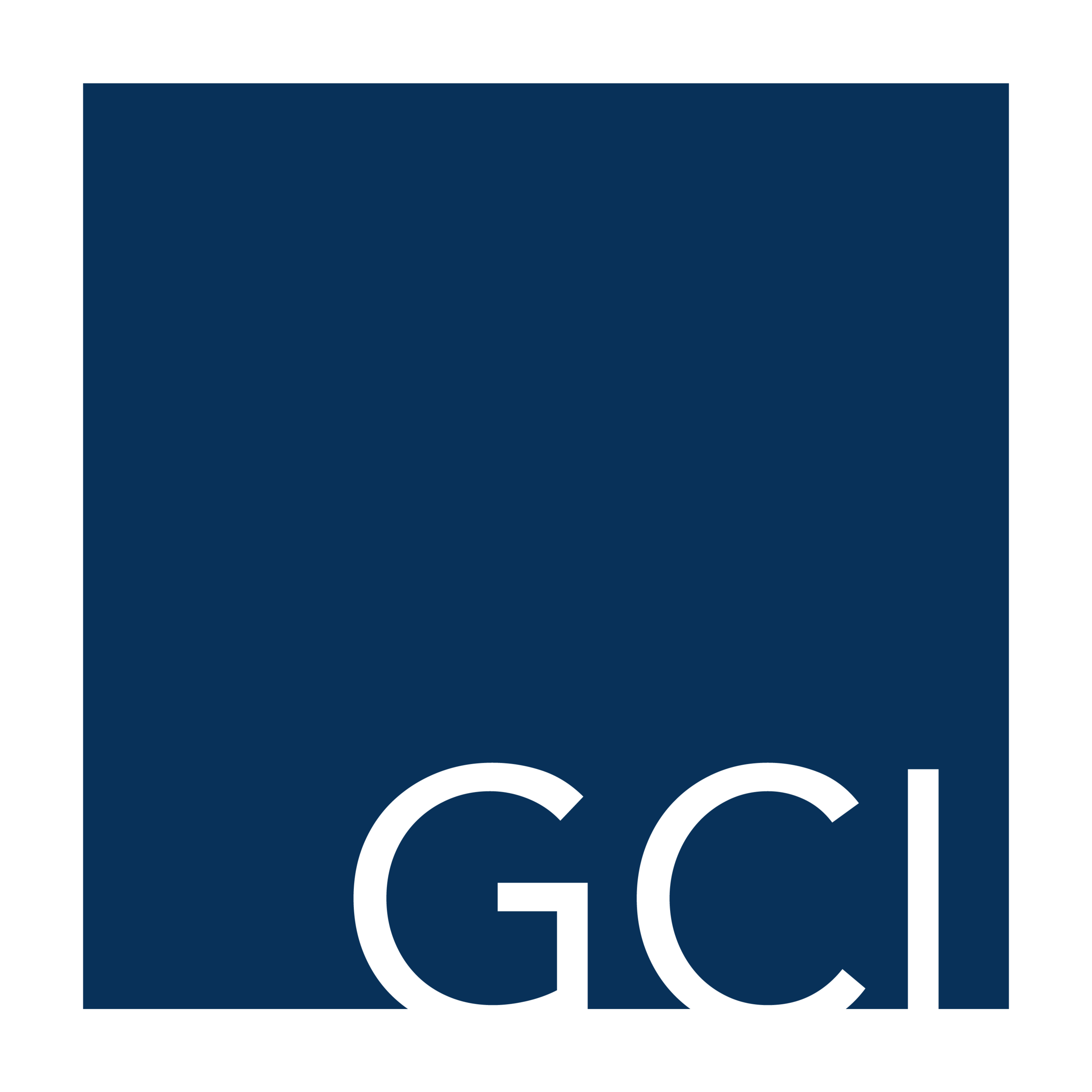Is Stock Picking Just Glorified Gambling?
A common criticism of stock picking and investing is that it is essentially gambling. Critics say that it is entirely speculative and that most successful investors are lucky, not skilled. The claim even appears to be statistically valid: using a data set of over 163,000 trades from brokerage accounts of individual investors, finance professor Terry Odean of the University of California at Berkeley discovered that in instances when an investor sells one stock in order to purchase another, the stock which they sold actually outperforms the new stock which they hold by 3.2% (Daniel Kahneman, Thinking Fast and Slow). On average, the stock pickers picked incorrectly and would have been better off not making a trade at all. But that experiment focused on individual investors, surely professionals do not share the same fate? In a separate experiment, however, Nobel laureate Daniel Kahneman found that the year-to-year correlation for the outcomes of professionally managed mutual funds is “barely higher than zero,” indicating that a fund which succeeds one year is equally likely not to succeed in the next. These discoveries seem to indicate that actively picking stocks is a game of chance, not one of skill. The old saying seems to be true: no one beats the market, at least not for long.
Despite these academic findings, the wealth management and hedge fund industries still abound, individuals can trade stocks through apps on smartphones, making the stock market ever more accessible. Some companies even offer the option to buy fractions of stocks, which sounds eerily similar to a quarter slot-machine or a low-limit poker table. Are stock price graphs, lit up in green or red, just a reflection of the flashing lights of Las Vegas?
While the importance of chance to investing is undeniable, I believe that there are key differences between gambling and stock picking. First and foremost, gambling has a negative expected value while investing has a positive one. For example, blackjack has the best odds for the player at the casino, yet the casino still maintains about a 1% edge over the player. On the other hand, the S&P 500 index has averaged a 9.8% return annually over the past 90 years. Unlike gambling, the stock market favors the investor. Certainly that 9.8% return is not a guarantee each year, but in the long run, the investor will win.
A second difference between gambling and stock picking is that the price of a stock is not an independent statistical event. When dice are rolled at a craps table, the previous roll of the dice has no impact on the current roll. The odds are constant, entirely unaffected by who’s playing, where it’s played, or any other external factors so long as the dice are fair. This principle of independent events holds for almost all casino games except for blackjack, which enabled some card-counters to profit off the game. By using the public knowledge of the cards from previous hands, card counters know when the odds shift in their favor and can exploit these odds to profit from the game. The stock market is very similar. Public knowledge can alert investors to opportunities in which they are statistically favored, even beyond the market average. For example, in late 2008 amidst the fallout of the Great Recession, Carnival Cruises (NYSE: CCL) stock price fell to $15.77, lower than it had been for a decade. Some investors realized, though, that even in a bankruptcy scenario, Carnival would be able to liquidate its fleet of ships for more than they owed to debtors and stockholders at that price. The market had overreacted to bankruptcy fears and had created an opportunity to capture value in all possible outcomes. The information about Carnival’s fleet of ships was all available. Investors could have used public information in their financial disclosures to realize that Carnival was not as vulnerable as it appeared. Within two years, CCL would reach a price of $46.11, a 292% upside.
Because investing has an expected gain and is affected by factors which are knowable beforehand, investing is not gambling. In a gamble, the casino or bookie always has an edge and attempts to ensure that outside, indicative factors are mitigated as much as possible. Risk in stock picking is undeniable, and it would be impossible to account for every potential variable beforehand, but the presence of some risk and unexplored variables does not mean that stock picking is gambling. All of life involves some risks and variables which could never be feasibly explored. Students deciding which college to attend never have perfect information about each school to compare objectively. And yet, the college selection process is not considered gambling. The critics who condemn stock picking as a game of chance are right to an extent; chance plays a role. Chance cannot be separated from anything in life, though, so to state such a fact with scorn is inconsistent unless all of life is given the same warning label as a gamble. I find this conclusion absurd, and instead, believe that stock picking is not gambling.




